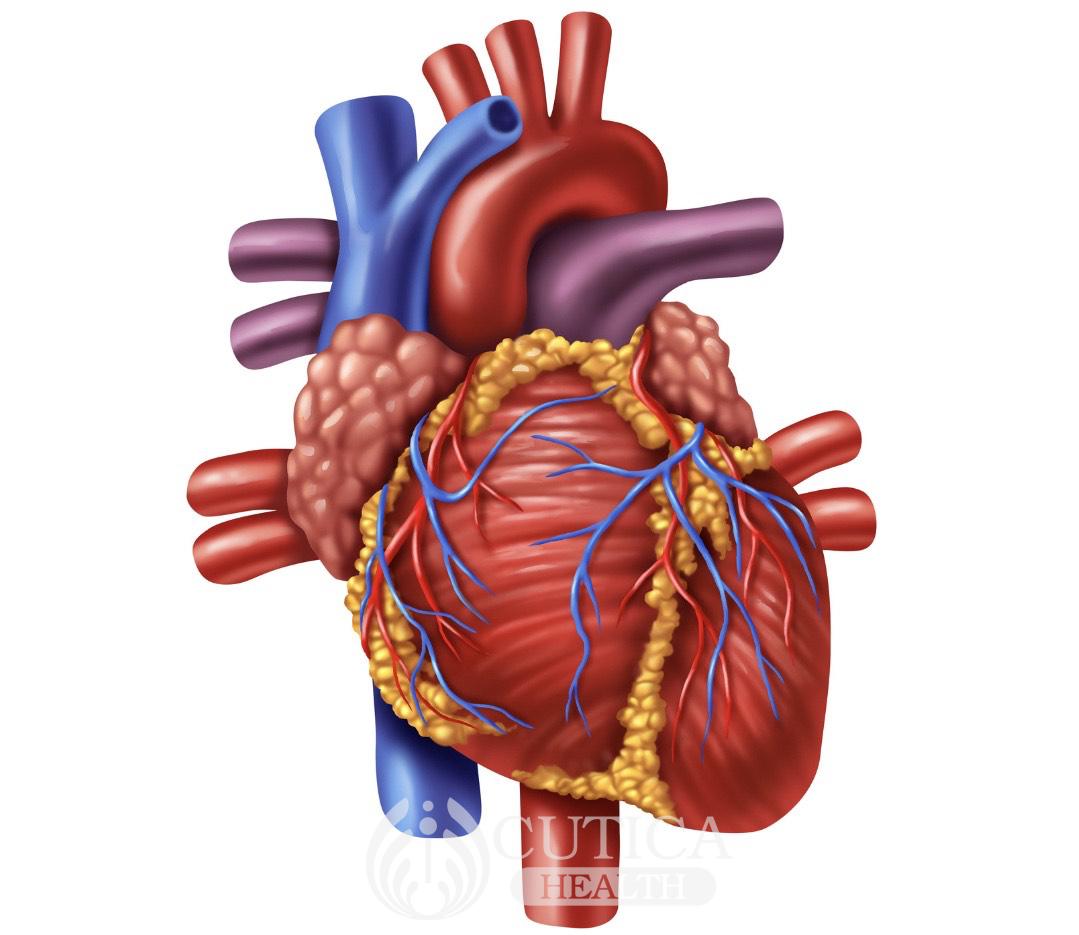
Linda was always busy with work and rarely took a break. She started experiencing headaches, which she ignored, thinking it was stress-related, and took painkillers to relieve them, but they persisted.
One day, while at work, she collapsed and had to be rushed to the hospital. She was diagnosed with a stroke from severe hypertension. If she had gone for a routine medical checkup, her condition would have been detected early and managed properly.
Introduction
Routine medical checkups are an essential part of maintaining good health. They allow healthcare providers to detect and treat health problems early, improving health outcomes and reducing the risk of complications. Despite the importance of checkups, many people neglect their health and only see a healthcare provider when sick.
What is a Routine Medical Checkup?
A routine medical checkup is a comprehensive health exam that includes various tests and screenings. The exact tests and screenings included in a routine checkup can vary depending on age, gender, medical history, and other factors. Some common tests and screenings that may be included in a routine checkup include:
- Physical exam: A healthcare provider will ask questions to find out whether you are experiencing any symptoms then examine your body for any signs of illness or disease.
- Blood tests: A blood test can help detect various health conditions, such as diabetes, high cholesterol, and liver or kidney disease.
- Urine tests: A urine test can help detect various health conditions, such as urinary tract infections and kidney disease.
- Blood pressure measurement: This simple test checks for high blood pressure, a common condition that can lead to serious health problems like heart disease and stroke.
- Body mass index (BMI) calculation: This measures body fat based on height and weight. A high BMI can indicate obesity, which increases the risk of many health problems.
- Cancer screenings: Depending on age and gender, a healthcare provider may recommend screenings to detect abnormal (cancerous) growths. Such screenings include mammograms or colonoscopies.
- Immunizations: A healthcare provider may recommend immunizations to protect against infectious diseases.
- STI tests: Depending on sexual history, a healthcare provider may recommend testing for sexually transmitted infections (STIs) such as chlamydia, gonorrhoea, and HIV. STI testing can help detect and treat infections early, reducing the risk of complications and transmission to others.
Who Should Get a Routine Medical Checkup?
The answer to this question is simple: Everyone should get a routine medical checkup. Regardless of age, gender, or health status, regular checkups are essential for maintaining good health and detecting any health problems early. 
Children and Adolescents
Children and adolescents should receive routine checkups to ensure they grow and develop properly. These checkups are important to keep up with recommended immunizations and can also help identify health issues, such as developmental delays, vision or hearing problems, and behavioural issues.
Adults
Adults should receive routine checkups to maintain overall health and identify problems early. Regular checkups can help manage chronic health conditions such as high blood pressure, diabetes, and heart disease.
Elderly
Elderly individuals should receive routine checkups to monitor their health and manage age-related health conditions. Regular checkups can help identify and treat arthritis, osteoporosis, and dementia.
When Should You Get a Routine Medical Checkup?
The timing of routine medical checkups can vary depending on age, gender, medical history, and other factors. Here are some general guidelines for when to schedule your next checkup:
- Children and adolescents: Healthcare providers recommend routine checkups for children and adolescents yearly.
- Adults: Healthcare providers recommend routine checkups for healthy adults every 1-3 years. If you are 40 years or older, having medical checkups at least once every year is greatly advised.
- Elderly: Healthcare providers recommend routine checkups every year for elderly individuals.
However, it's important to note that these are general guidelines, and the timing of routine checkups may vary depending on an individual's unique health needs. The timing also depends on the presence of chronic illnesses. For example, people with diabetes or hypertension or who have been using medications for a long time must visit their doctor regularly.
What Else Do Routine Medical Checkups Provide?
- Peace of Mind: Routine checkups can provide peace of mind knowing that you are actively maintaining your health.
World Health Day and Routine Medical Checkups: Promoting Health for All
World Health Day is celebrated annually on April 7th, and in 2023, the World Health Organization will observe its 75th birthday. This year's theme is "Health for All," highlighting the importance of ensuring everyone has access to essential healthcare services, regardless of income or social status. Routine medical checkups are a critical part of achieving health for all. They provide an opportunity to detect and address health issues early, improving health outcomes and reducing the risk of complications.
Building a Healthier World for Everyone
As we celebrate World Health Day, we can look back at public health successes and intensify action to tackle today's and tomorrow's health challenges. Routine medical checkups are a critical part of this effort, as they ensure everyone has access to essential healthcare services, promoting health for all. 
Conclusion
Ignoring routine medical checkups can have dire consequences, just as it did for Linda. Regular checkups help manage chronic conditions, prevent diseases, and promote healthy living.
In Africa, the neglect of routine checkups is common due to a lack of awareness, inadequate resources, and inadequate healthcare infrastructure. However, everyone, regardless of income or social status, should prioritize their health by going for regular checkups. Let us step towards a healthier world by scheduling our routine medical checkups today. Health for all is possible, and it starts with you.












